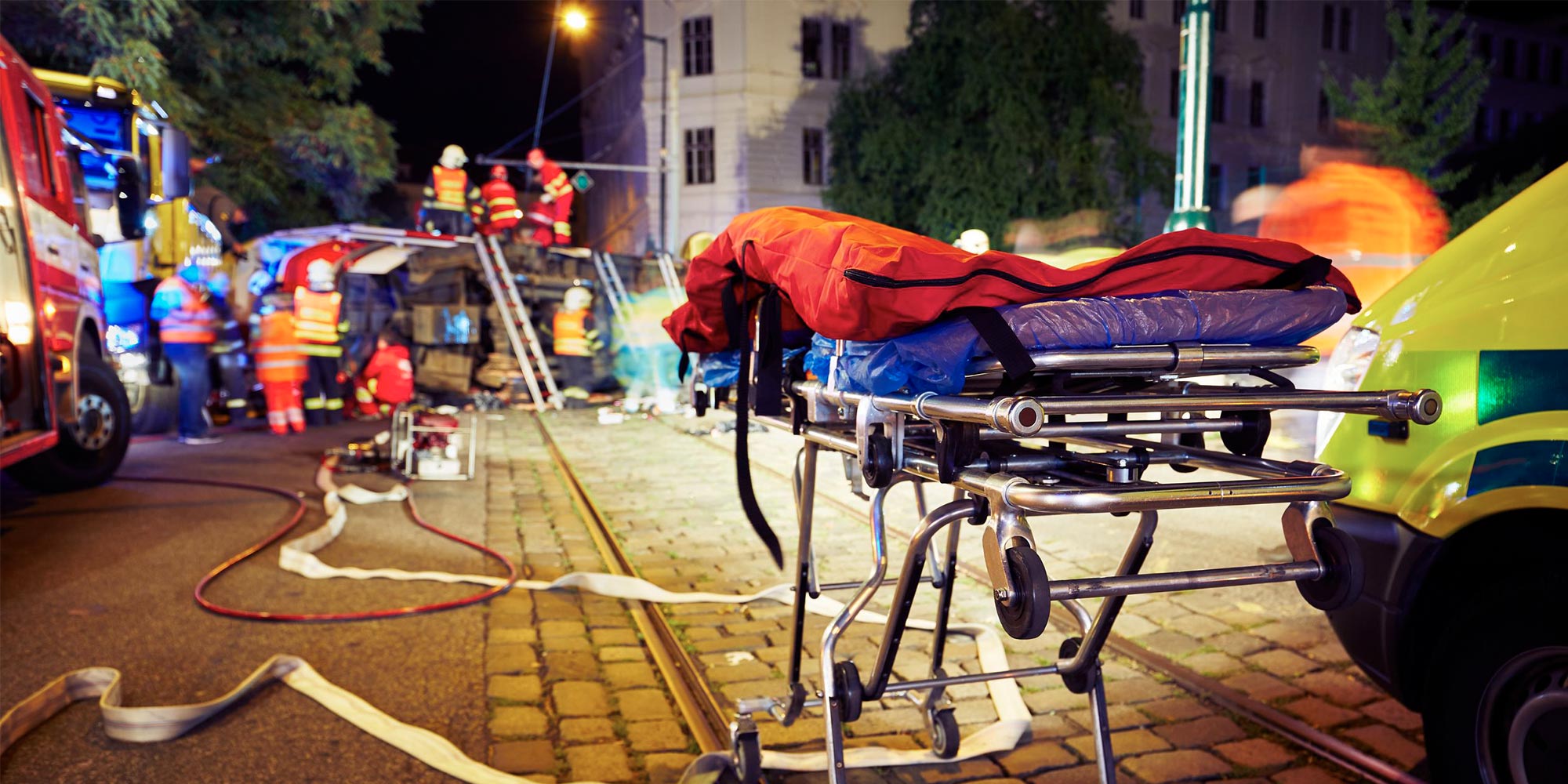Discussion group – alert processes and crisis management
In France, the Siaap fire, together with the fire at Lubrizol (Rouen) in 2019, once again put the spotlight on the need to examine the safety culture that should be put in place in areas where there is a risk of a major accident. These two events highlighted a series of malfunctions, particularly in crisis communication, coordination, and providing information to stakeholders. Improving processes for alerting the public, and strengthening safety culture among citizens and public entities are two of many issues that are, once more, at the forefront of concerns.
 Discussion group – alert processes and crisis management
Discussion group – alert processes and crisis management
| A brief summary |
The behavior of actors during a crisis relies upon the long-term construction of ‘peacetime’ links. The day an accident happens, it is too late to avoid panic or unwanted curiosity, based on the expectation that a well-run ‘crisis communication’ operation will do the job.
The accident on 26 September 2019 at the Lubrizol factory highlighted the importance of a shared safety culture between industrialists and actors external to hazardous facilities, notably citizens and public entities.
On the day of the accident, there was an overwhelming sense that the population did not know or understand what was happening at the Lubrizol site, and that some of their actions actually increased their risk exposure.
In addition, the accident demonstrated the operational limits of alert, rapid communication, and population protection processes.
This feedback highlights that it is important to understand why, despite a multitude of obligations to anticipate and prepare for a crisis, on the day, nothing went to plan. A second aim is to identify solutions that have been proven to work elsewhere, and can be used as a foundation.
| Themes |
The discussion group will focus on:
- Building a safety culture that is more widely shared among all local stakeholders.
- Increasing sensitivity to industrial risks and forms of citizen participation.
- Potential improvements to day-to-day dialogue and, in a crisis, with the local community.
- The advantages and disadvantages of digital tools (social networks, new information technologies) in crisis communication.
- The methodology that should be used to ensure that sufficient technical, organizational and human resources, in the broad sense, are available in areas that could be impacted by a major industrial incident.
| Participants |
Regional authorities
- AITF - Gonfreville l'Orcher
- Chasse dur Rhône
- Grand Quevilly
- Métropole Rouen Normandie
Associations
- FNE - french association for environment
- Visov - french-speaking virtual operations support team
- Respire Rouen
Trade Union
- CFDT
Universities, specialised institutes and research centres
- Atrisc
- CNRS
- Gesip
- Ineris
- Irba - the French armed forces biomedical research institute
- Irma Grenoble - the major risks institute
- Avignon University
Industries
- France Chimie
- Total Feyzin
Other organismes
- SPPPY Grenoble
- Barpi - Bureau for analysis of industrial risks and pollutions
- SDMIS
Our partnership with Amaris
Amaris is the association of local authorities responsible for the control of major technological risks. It brings together local authorities that are home to activities associated with major industrial risks.


